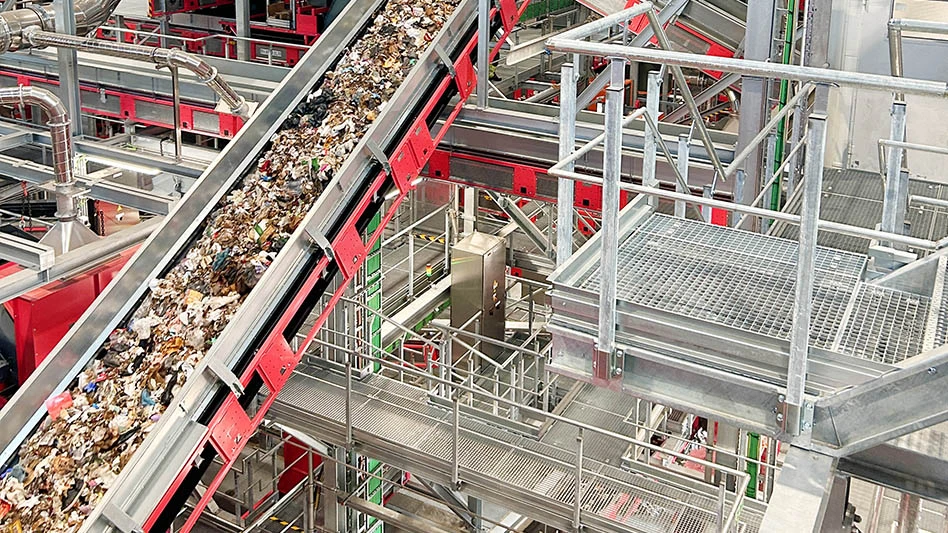
Image courtesy of the U.S. Department of Energy website
The U.S. Department of Energy (DOE) has announced $14 million in funding available through President Joe Biden’s Investing in America agenda to increase consumer battery recycling and create a more sustainable domestic battery supply chain.
Supported by the Bipartisan Infrastructure Law and managed by DOE’s Manufacturing and Energy Supply Chains Office (MESC), the selected projects will provide more than 1,000 collection points across the country for spent batteries from consumer products, allowing consumers free access to turn in old batteries and battery-containing devices and reduce e-waste.
“With hundreds of drop-off points across the country, we’re making it easier to recycle batteries from old cellphones and laptops—in turn allowing us to reuse the critical minerals we would normally source from China for new clean energy manufacturing," U.S. Secretary of Energy Jennifer M. Granholm says.
Consumer products such as rechargeable batteries, cellphones, laptops, vacuums and smartwatches contain critical minerals and materials such as nickel, lithium and graphite that can be reused in the clean energy sector. Retail storefronts are prime locations for battery collection points and can promote more business for retailers, the DOE says.
Staples U.S. Retail and battery retailer, Batteries Plus, were selected to receive more than $7 million each to install portable consumer battery recycling drop-offs at their stores. The two companies will create more than 1,000 new drop-off locations across the nation, including in disadvantaged communities.
This program advances Biden’s Justice40 Initiative, which set the goal that 40 percent of the overall benefits of Federal climate, clean energy and other covered investments flow to disadvantaged communities that are marginalized by underinvestment and overburdened by pollution.
The DOE notes that selection for award negotiations is not a commitment to issue an award or provide funding. Before funding is issued, DOE and the applicants will undergo a negotiation process, and DOE could cancel negotiations and rescind the selection for any reason during that time.
Latest from Waste Today
- FZUK announces new commercial director
- Small-scale WTE partnerships
- Northwest Natural Renewables proposes Ohio landfill project
- US Senate backs reduced cuts to EPA
- Waste Connections announces Q2 results
- Returnity and Cosmoprof to address reusable bag waste
- SWANA releases report on aging WTE facilities
- New economic assessment reveals cost benefits of California’s SB 54





